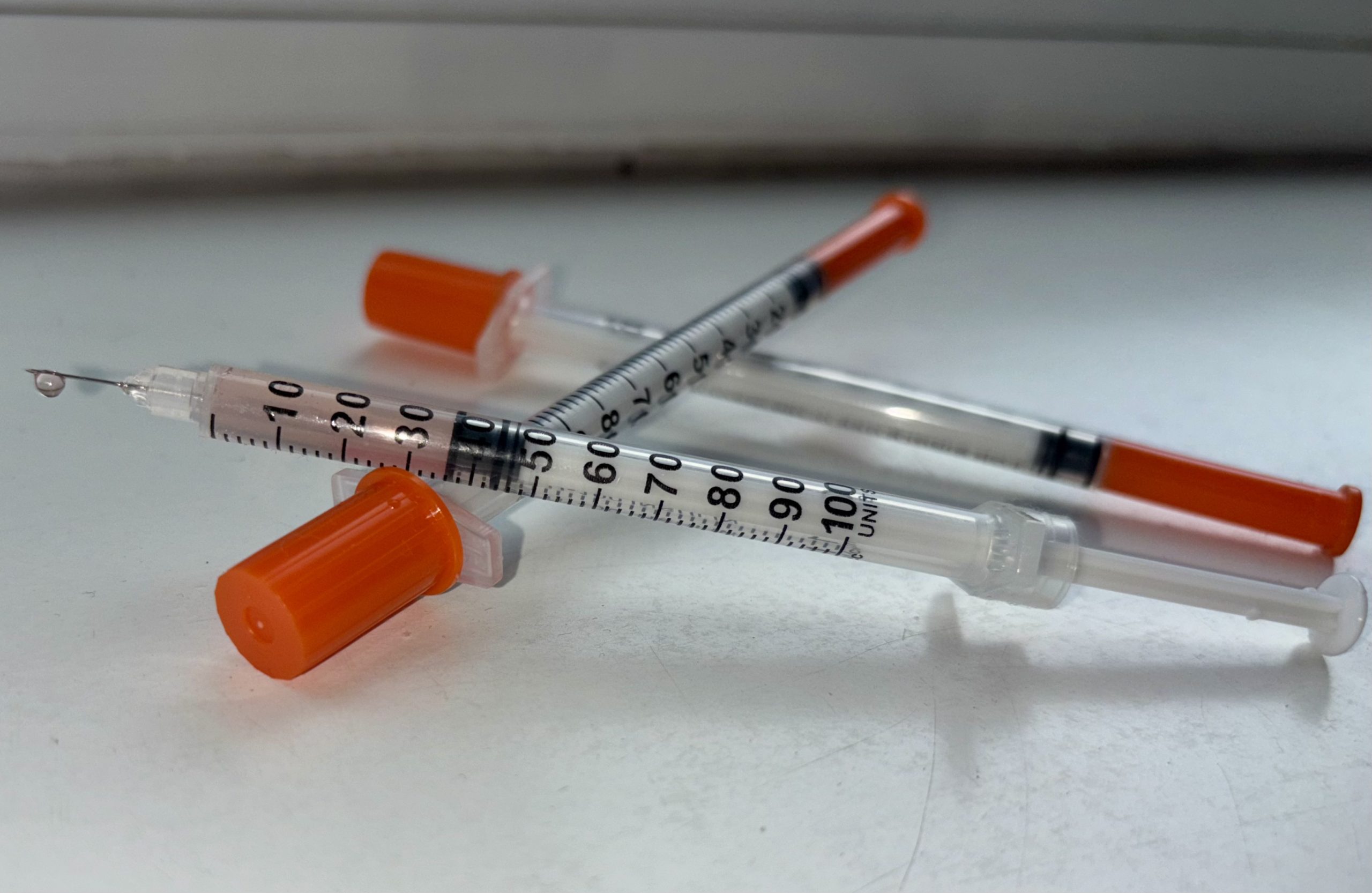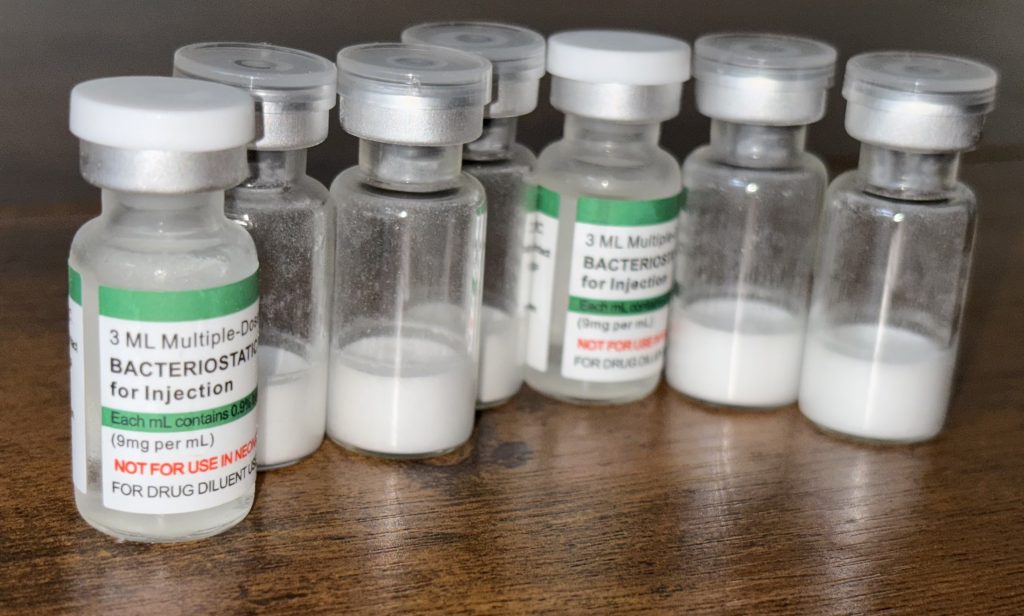Gray market versions of experimental retatrutide circulate on social media.

An experimental weight-loss drug that has not been approved by any regulator is already being sold online. Retatrutide, developed by pharmaceutical company Eli Lilly, is still in clinical trials. The medicine is already widely available online. You can easily order it from webshops and social media.
The online trade has grown across social media platforms. Users post before-and-after photos of their weight-loss journeys but then promote vials or injection pens labeled RETA. Chinese labs are producing a broad range of peptides, including retatrutide, without any problem, although some producers have disclaimers stating, ‘not for human consumption’. When buyers receive the substance at home, they still have to prepare the injections themselves in most cases, as the medicine is shipped in powder form.

Three hormones, unknown risks
Retatrutide belongs to the same class as semaglutide (Ozempic, Wegovy) and tirzepatide (Mounjaro). Unlike those, retatrutide acts as a triple agonist, targeting three hormonal pathways that control appetite and metabolism. And this seems to be really effective for losing weight: in early trials, participants lost on average more than 24 percent of their body weight after 48 weeks.
But long-term safety is not known yet. “If you are going to interfere with even more hormones, you have to question how healthy that is,” says Anne Roefs, professor of psychology and neuroscience of eating behavior at Maastricht University. “We don’t fully understand the hormonal system. Ozempic already interferes with one hormone, and this new one with three.”
The European Medicines Agency (EMA) and the US Food and Drug Administration (FDA) have both recently issued warnings about weight-loss drugs that are broadly available online.

Influencers and celebrity endorsements
Despite regulatory warnings, the gray market seems to be growing. Muscular influencers use affiliate links and discount codes to send their audiences to sellers. This marketing normalizes pharmaceutical shortcuts among healthy individuals with no medical need.

The phenomenon extends beyond underground markets. Tennis champion Serena Williams recently promoted obesity medication through her husband’s company RoHealth, despite never having had obesity herself. “This is what my body needed after two pregnancies,” she said in promotional videos. Roefs finds this troubling: “She is helping spread the idea that if even a top athlete supposedly cannot maintain a healthy body, then everyone else must need medication too.”
Systemic problem, pharmaceutical solution
The appeal of unregulated weight-loss drugs reflects a deeper problem in how society addresses obesity. Dramatic transformation stories do well on social media algorithms. When you see a lot of people using these pharmaceutical shortcuts, it gets viewed as something normal.
“We have a system problem,” Roefs says. “We supposedly repair people biologically. But we disrupt their hormonal system, so they eat less. That’s only temporary symptom management.” She warns that such easy access to this type of medicine undermines lifestyle changes and reduces pressure on governments to act on the root causes of obesity, such as processed food and sedentary living.
Commercial incentives are clear. “The pharmaceutical industry now sees obesity as a business model,” Roefs says, citing a Danish analyst who described the weight-loss market as “a party that never ends.” According to her, this creates a cycle where drug makers profit while the food industry continues to promote unhealthy products.
Without lifestyle change, users often regain weight once medication stops, and sometimes as fat rather than lost muscle. For now, retatrutide remains experimental, with approval still a few years away. Anyone purchasing the medicine online already faces unknown risks. For regulators and health authorities, the rise of gray-market retatrutide illustrates how quickly demand for weight-loss drugs outpaces safety controls in a global digital marketplace.



